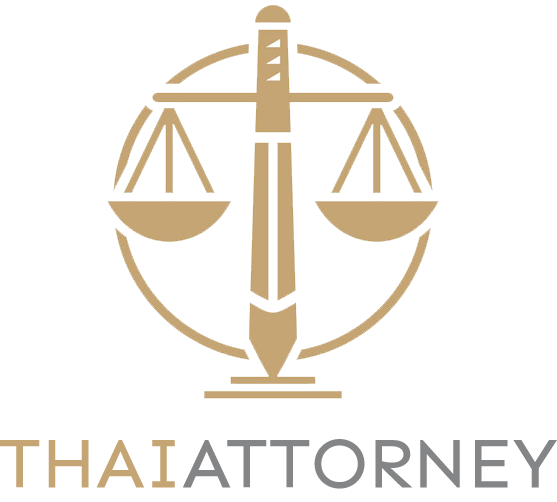Thailand’s strategic location in the heart of Southeast Asia, combined with its thriving economy and business-friendly legislation, has made it a desirable location for businesses looking to expand their reach across the globe. The opening of a Representative Office helps foreign businesses to examine potential in Thailand. This page seeks to provide an extensive description of the concept, benefits, qualifications, and steps involved in establishing a Representative Office in Thailand.
I. What constitutes a Representative Office?
A Representative Office is a type of legal corporation formed by a foreign firm to carry out non-profit activities while operating as an extension of the parent company. Its major goal is to collect market data, conduct market research, and promote the parent company’s products or services.
II. Eligibility and Scope of Activity
A. Eligibility: To establish a Representative Office in Thailand, the parent firm must have been in existence for at least a year, be financially sound, and not participate in forbidden activities under Thai law.
B. Scope of Activities: A Representative Office may only conduct non-revenue-generating activities such as market research, promotion of parent company products or services, liaison with local partners, and gathering business information.
III. Advantages of a Representative Office.
A. Market Research and Analysis: A Representative Office provides significant insights into the local market, consumer behavior, and industry trends, which can help with strategic decision-making.
B. Networking and Partnering: It acts as a conduit for developing ties with local businesses, prospective clients, and partners.
C. Brand Visibility: The Representative Office promotes the parent company’s brand and helps it establish a presence in Thailand.
IV. Application Process
A. Document Preparation: Required documents include an application form, a letter of appointment for the chief representative, a letter of intent from the parent business, and the parent company’s financial statements.
B. Submission to Thai Authorities: The application is sent to the Department of Business Development at the Ministry of Commerce.
C. Approval Process: Once submitted, the application is reviewed. If authorized, a certificate of registration is issued.
V. Compliance & Reporting
A. Compliance Requirements: Representative Offices are obligated to follow Thai laws and regulations, including labor laws and tax requirements.
B. Annual Reporting: They are required to submit annual reports documenting their actions to Thai authorities.
VI. Limitations of a Representative Office.
A. Prohibited Revenue Generation: Representative Offices are not permitted to conduct profit-generating activities.
B. Duration of Existence: They are normally issued a license for two years, with the option of renewal.
Conclusion
Establishing a Representative Office in Thailand can be a strategic step for international companies wishing to get insight into the local market and build a presence while not engaging in revenue-generating operations. Companies can confidently begin on this venture if they understand the qualifying criteria, benefits, and application process, opening the door to new prospects and partnerships in Thailand’s dynamic business environment.

